We've come a long way since 1992..
remember when Oregon had to encourage fans to buy season tickets?
h/t: keeerrrttt1
Your donations keep Duck Downs ad-free and eliminate the need for wasteful popup blockers!
remember when Oregon had to encourage fans to buy season tickets?
h/t: keeerrrttt1
Updated on June 11, 2011 by
 benzduck
benzduck
The story of how a pit bull of an AD pulled off the seemingly impossible task of getting a new stadium built in Eugene, on a budget, while fighting his boss, the newspapers and local government.
 Autzen Stadium,
Autzen Stadium,  Leo Harris in
Leo Harris in  1960s,
1960s,  Heroes,
Heroes,  Perspective
Perspective 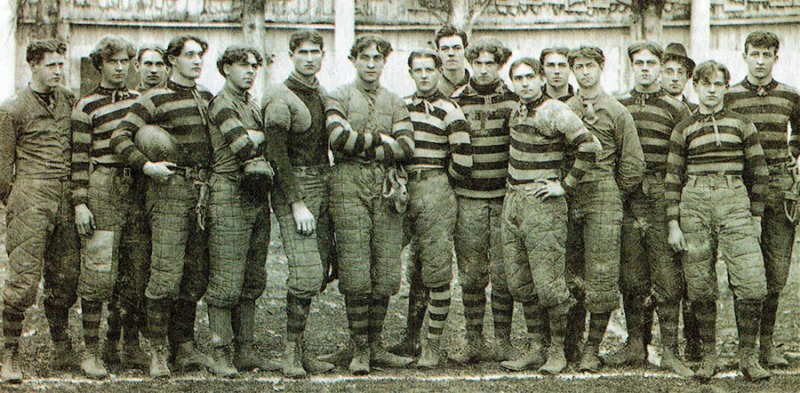
.. courtesy Michael Princip’s beautiful site, Oregon Ducks Rose Bowl Uniform History.
Talk about your rough drafts. Autzen could have been the nation’s first, and probably only, football stadium with end-zone, in-game tailgating.
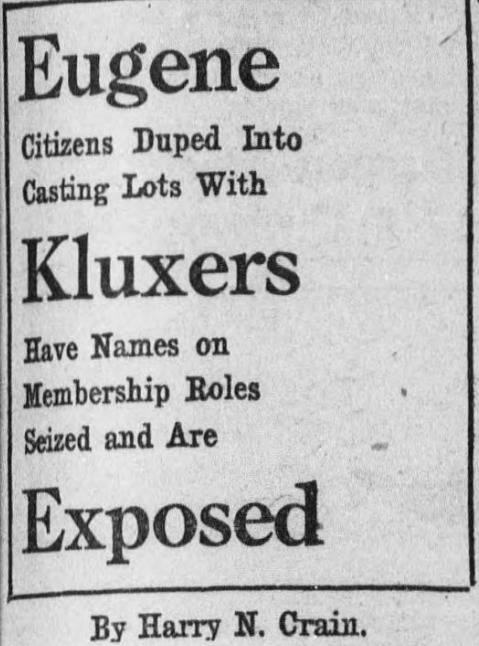 In the early 1920s, the head football coach at the University of Oregon, C. A. “Shy” Huntington, was a registered member of the Eugene chapter of the Ku Klux Klan. Jack Benefiel, the graduate manager of the UO Athletic Department — the equivalent of today’s athletic director position — was also a Klansman.
In the early 1920s, the head football coach at the University of Oregon, C. A. “Shy” Huntington, was a registered member of the Eugene chapter of the Ku Klux Klan. Jack Benefiel, the graduate manager of the UO Athletic Department — the equivalent of today’s athletic director position — was also a Klansman.
I’ve heard rumors to this effect for several years in the course of my research into the history of Oregon football. I finally located a verifiable source, a front-page story in the Salem Capital Journal from October 26, 1922. Documents discovered during raids on the Los Angeles headquarters of the Klan in 1921 included a list of members of Klan No. 3, based in Eugene.
Most of the newspapers in Oregon were at the time at least neutral towards the Klan, if not outright supporters, so it’s not surprising that no other papers in the state — including the two Eugene dailies of the time — seem to have picked up the story. Indeed, the way the Capitol Journal’s story is written would indicate a desire to give every citizen on that membership list the benefit of the doubt (perhaps “they joined it without knowledge of the un-American and dangerous nature of the organization”, etc).
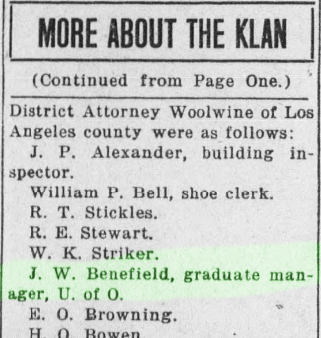 Jack Benefiel, incorrectly listed as “Benefield”This messy fact has never made it into the numerous Huntington hagiographies. He was, after all, the hero QB of the ‘17 Rose Bowl, and coached the Webfoots in the ‘22 Rose Bowl. He was a successful businessman for decades in Eugene, and held the title of Chairman of the Lane County Republican Central Committee for years. At his death in 1973, there was no mention of his racist history in the R-G obituary, and Blaine Newnham’s memorial column didn’t mention it. Maybe Newnham just didn’t know the history.
Jack Benefiel, incorrectly listed as “Benefield”This messy fact has never made it into the numerous Huntington hagiographies. He was, after all, the hero QB of the ‘17 Rose Bowl, and coached the Webfoots in the ‘22 Rose Bowl. He was a successful businessman for decades in Eugene, and held the title of Chairman of the Lane County Republican Central Committee for years. At his death in 1973, there was no mention of his racist history in the R-G obituary, and Blaine Newnham’s memorial column didn’t mention it. Maybe Newnham just didn’t know the history.
The state of Oregon had a heavy Whites Preferred orientation from its origin, and was still a highly racist state in the early 20th century. The minor detail that there were few black residents in the early Twenties didn’t stop the Klan from trying to establish a foothold, and for a while the KKK was a political presence. (Remember that big neon cross that used to be on Skinner’s Butte? The first lighted crosses on the Butte were burning ones.)
Huntington wasn’t the only UO-associated Klan member, but he was certainly the most prominent in the community. That the history was so completely sanitized could indicate regret on his part, but he never renounced it, at least not in any forum I’ve been able to find.
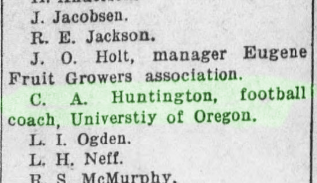 Benefield was directly responsible for management of the Oregon football program until WW2. Huntington wielded considerable influence as a booster long after retiring as head coach. Oregon didn’t have an African American football player until Bobby Robinson and Charlie Williams played for the Cap McEwan teams of 1928-9. The next black player was Joe Lillard, who played in a few games in 1931 for Doc Spears before being declared ineligible. That was it for blacks on the gridiron at Hayward Field until Woodley Lewis in 1947. Perhaps now this is easier to understand.
Benefield was directly responsible for management of the Oregon football program until WW2. Huntington wielded considerable influence as a booster long after retiring as head coach. Oregon didn’t have an African American football player until Bobby Robinson and Charlie Williams played for the Cap McEwan teams of 1928-9. The next black player was Joe Lillard, who played in a few games in 1931 for Doc Spears before being declared ineligible. That was it for blacks on the gridiron at Hayward Field until Woodley Lewis in 1947. Perhaps now this is easier to understand.
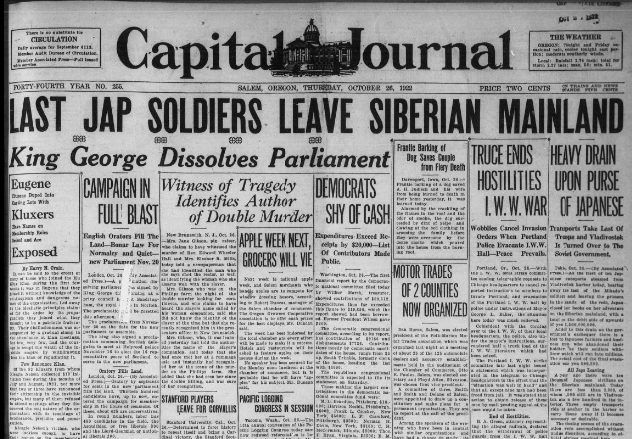
 huntington,
huntington,  jack benefiel,
jack benefiel,  kkk,
kkk,  klan,
klan,  ku klux klan oregon,
ku klux klan oregon,  shy huntington in
shy huntington in  1921,
1921,  1922,
1922,  Coaches,
Coaches,  Heroes,
Heroes,  Oregon QBs,
Oregon QBs,  athletic directors
athletic directors